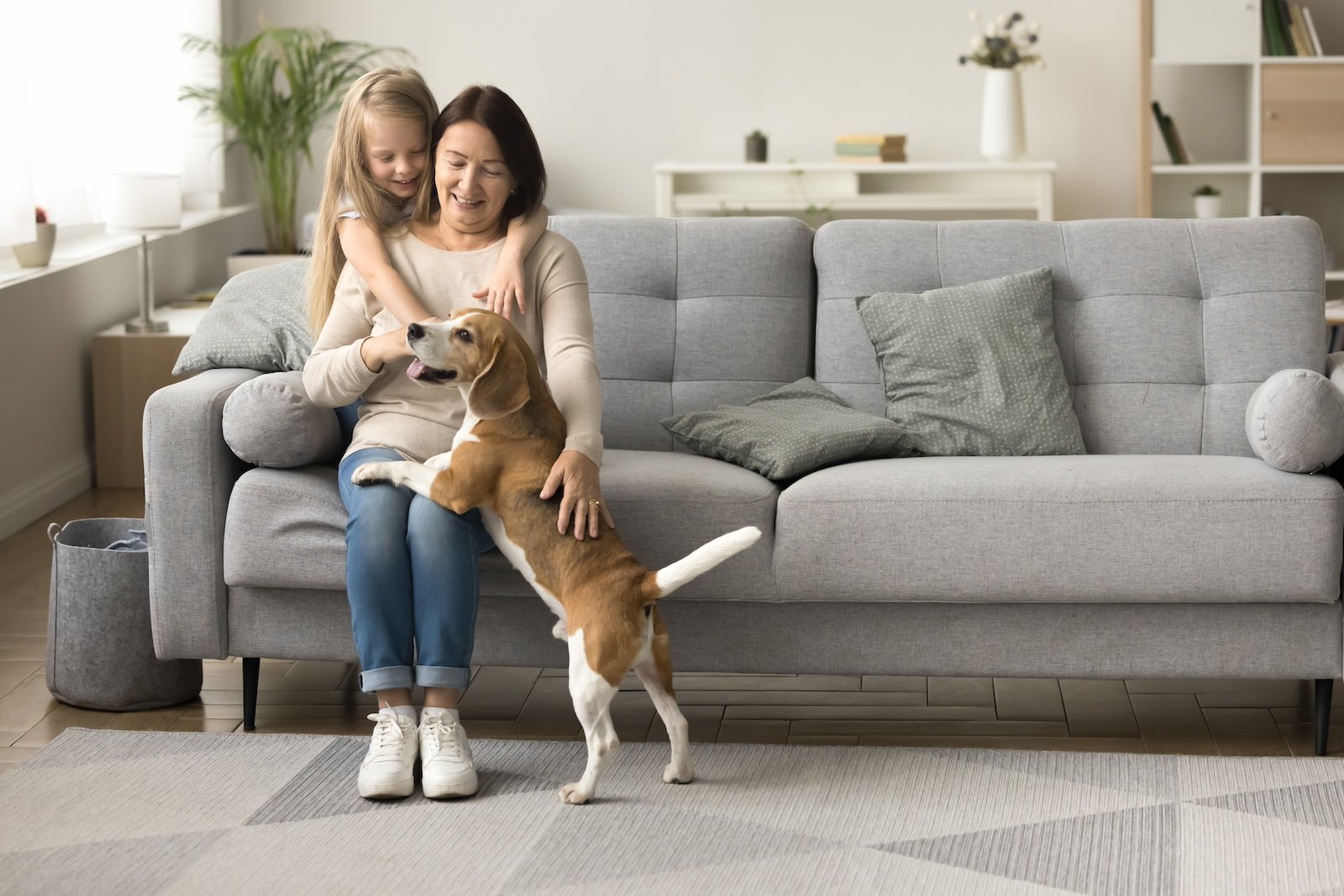The “Trad Wife” Model, short for “Traditional Wife”, refers to a lifestyle where women embrace traditional gender roles often associated with the 1950s. In this model, the wife typically is the homemaker, focusing on domestic duties such as cooking, cleaning, child care, etc. while the husband serves as the primary breadwinner.
While this model may suit some women and families, it is not a one-size-fits-all solution. We list thirteen reasons why the Trad wife model may not be suitable for every woman:
Individual Aspirations

Many women have dreams and aspirations that extend beyond the four walls of the home. They may seek fulfillment in careers, education, and personal development. The traditional wife lifestyle, which often prioritizes traditional homemaking roles for women over professional growth, may not align with these aspirations.
A woman’s sense of self is varied and made up of several aspects. The strict adherence to traditional home-making roles can severely restrict self-expression and the pursuit of diverse interests that define individual identity.
Financial Independence

The modern woman is well-educated, serious about making it big in her career, and financially independent. The Trad wives, on the other hand, were less educated and depended solely on their husbands for their financial needs. They served their husbands and their family and did not aspire to have a job.
In today’s economy, dual-income households are on the rise and women value their financial independence. Relying on a single income is risky and puts a strain on the husband. Women who maintain their careers ensure a safety net, allowing for greater security during uncertain times.
Partnership Dynamics

A Trad wife is a woman who trades feminism and gender equality for a more traditional role: staying at home, keeping house, having children, and being subservient to her husband. Modern relationships often thrive on equality. The Trad Wife model, which can imply a hierarchical structure, might not suit couples who believe in gender equality.
Shared responsibilities at home

In the Trad wife model, the husband goes outside the house, works, and provides for the family. He doesn’t do any household work. But in the modern world, men are willing to share household responsibilities. This collaborative approach can lead to a more balanced and fulfilling relationship. Modern relationships often emphasize partnership and shared responsibilities. Many modern couples find that sharing domestic and financial responsibilities fosters mutual respect.
Societal Progress

Many of the liberties enjoyed by women today have been the result of collective struggle: the right to cast our ballots, the opportunity to pursue education, and the entrance into traditionally male-dominated professions. Embracing a traditional wife lifestyle may seem like a step back for those who value these achievements. Society’s understanding of gender roles is evolving, and what was once traditional may not be relevant in the contemporary context.
Parenting Styles

Some women want to balance childcare with their careers and believe that shared parenting responsibilities provide a healthier environment for raising the children.
This is in contrast to the Trad Wife model, which placed the primary responsibility for childcare on the women. This may not align with the desires of women who want to maintain their professional identities while raising a family. Shared parenting also implies a more equitable distribution of labor and strengthens family bonds.
Personal Fulfillment

Women may want to pursue a wide array of interests and passions. The Trad Wife model, which is quite consuming, may not leave room for these pursuits. For many women, personal fulfillment and a sense of identity are found through their work and other activities outside their homes. The Trad Wife model may restrict opportunities for personal growth and self-expression. So modern women may find the model insufficient to meet their needs and may feel a lack of fulfillment and a sense of lost identity.
Cultural Diversity

The Trad Wife model is largely based on Western, mid-20th-century norms and it may not align with the cultural background and beliefs of every woman. Not all cultures value the same family structures or gender roles. Cultural diversity means that there are a wide range of beliefs and practices about family roles and the Trad Wife model may not be suitable for or resonate with women from different cultural backgrounds.
Autonomy And Freedom

Many individuals value autonomy and personal freedom. The Trad Wife model, with its emphasis on domestic roles, can severely curtail a woman’s freedom and autonomy. The woman is financially dependent on her spouse, which means she cannot make independent decisions about her life and career. This lack of autonomy leads to feelings of frustration and confinement, particularly among those women who value their independence.
Mental Health

The isolation and repetitive nature of domestic work can negatively impact some women and affect their mental health. The Trad Wife model can lead to feelings of boredom, isolation, and lack of intellectual stimulation. It may not be suitable for women who thrive on social interaction, professional challenges, and diverse activities. This may lead to mental health issues like depression and anxiety.
Risk of Domestic Abuse

Financial dependence on a partner can make it difficult for a woman to leave abusive relationships. The Trad Wife model, which involves financial dependence on husbands, can lead to an imbalance of power that some men may want to exploit. Women in abusive relationships may find it harder to escape due to a lack of financial resources and support. The emphasis on traditional roles can also give rise to harmful stereotypes and expectations that lead to domestic abuse.
Changing Family Dynamics

Family structures and dynamics have changed significantly over the years. Not all families fit into the traditional nuclear family model and the Trad Wife model may not suit the diverse family structures. Single-parent families, same-sex couples, and families with shared parenting responsibilities often do not find the traditional roles emphasized by the Trad Wife model suitable for them.
Educational opportunities

Modern women have increased access to education and they may seek to make use of their education and skills in professional environments. The Trad Wife model often prioritizes domestic roles over professional aspirations and therefore, is incompatible with the desire to utilize one’s education and skills. Women who have invested a lot of time and effort in receiving education would feel they are not fully realizing their potential.
Not A Universal Fit

While the Trad Wife model may appeal to some women, it is not a universal fit. Women’s roles and choices are as diverse as their dreams and aspirations. Women who find the Trad Wife model restrictive may choose to explore countless other paths that offer them fulfillment, independence, and equality.


